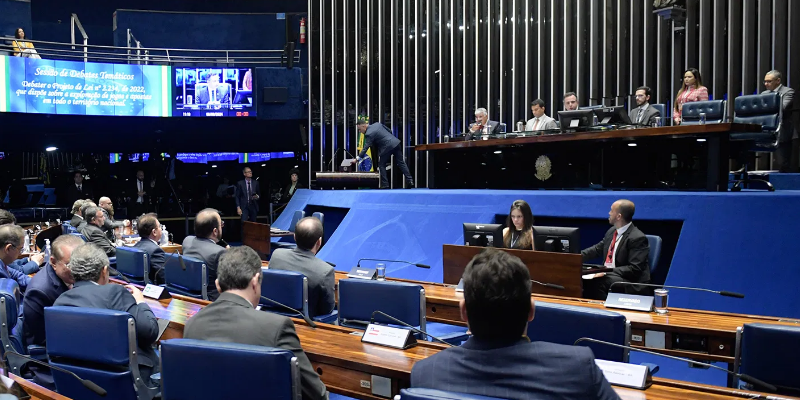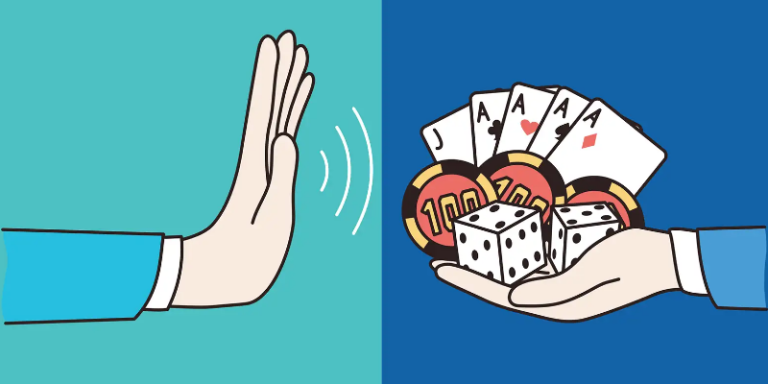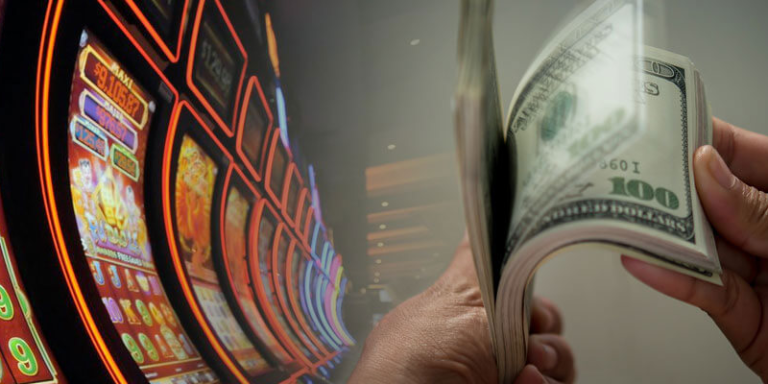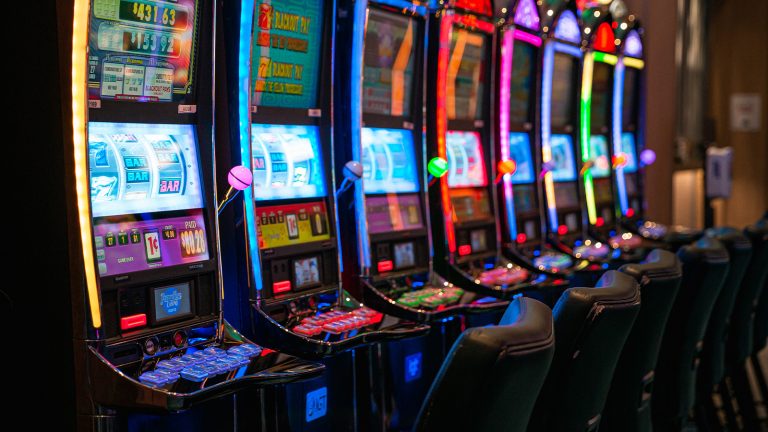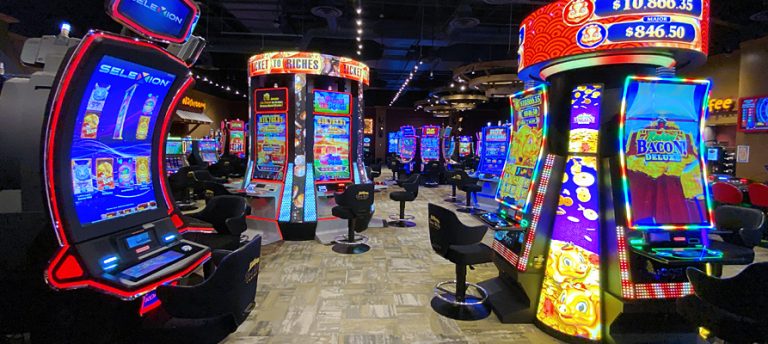Brazil’s Senate is moving forward with Bill 2.985/2023, which aims to tighten regulations on gambling advertisements. Sponsored by Senators Styvenson Valentim and Carlos Portinho, the proposal addresses concerns about the growing presence of betting ads in sports and media and the potential harm to public health.
Key Advertising Restrictions Proposed
Originally intended as a total ban on gambling ads, the bill was revised to focus on specific limitations. These include prohibiting betting ads during live sports broadcasts and banning the display of betting odds outside licensed platforms. Advertising featuring active athletes, influencers, or public figures is banned; only retired athletes who have been out of professional sports for at least five years may appear in promotions.
The bill also forbids ads that depict gambling as a way to solve financial issues or as a desirable lifestyle. Use of animated mascots or AI-generated characters aimed at children is prohibited. Any ads that teach, encourage, or subtly promote betting are banned, as are unsolicited messages or notifications. All gambling ads must carry a visible warning: “Betting causes addiction and harm to you and your family.”
In-stadium advertising will only be allowed if the operator is an official team sponsor, naming rights holder, or kit sponsor, with a limit of one brand per team. Betting logos can appear on uniforms for adult players, but not on youth kits or merchandise targeting children.
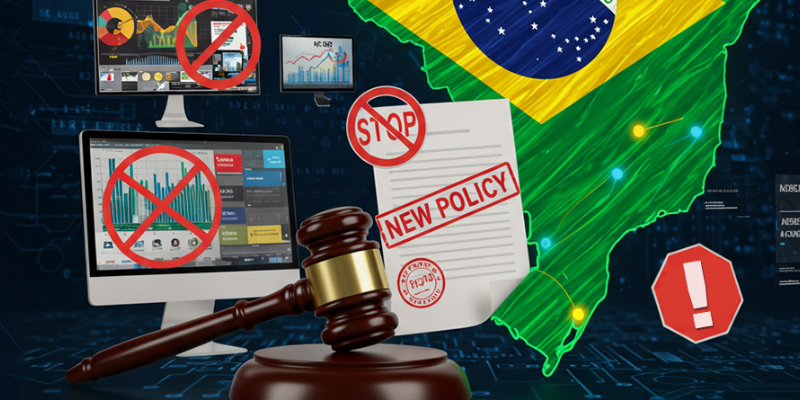
Advertising Times and Platforms
The bill strictly defines when ads can air: TV, streaming, and social media ads are permitted only between 7:30 p.m. and midnight. Radio ads can run from 9:00 to 11:00 a.m. and 5:00 to 7:30 p.m. Ads may also appear 15 minutes before and after live games. Sponsorship logos may be shown during event announcements from 9:00 p.m. to 6:00 a.m., provided no odds or bonuses are displayed.
Gambling operators may advertise on websites or apps accessed voluntarily by users. On social media, ads must target verified users over 18, with an opt-out option available. Sponsorship of sports, cultural, or news programs is allowed at any time if only the sponsor’s logo is displayed.
The bill introduces shared responsibility, holding platforms and advertisers accountable if they fail to remove illegal content flagged by the Ministry of Finance.
Football Clubs Express Concerns
Over 50 football clubs have criticized the bill, warning it could cause a loss of R$1.6 billion in annual revenue and harm the sports ecosystem. Senator Portinho responded that sponsorships related to teams or events will still be allowed, while unregulated advertising will be restricted.
Senators Romário and Eduardo Girão voiced support for parts of the bill; Romário called for retired athletes to be allowed in ads, while Girão highlighted the dangers of gambling addiction, comparing its spread to nicotine addiction.
Due to delays in forming the Communication and Digital Law Committee, the bill will go directly to a full Senate vote. Senator Leila Barros confirmed support for speeding up the process. If approved, the bill will proceed to the Chamber of Deputies for further consideration.

